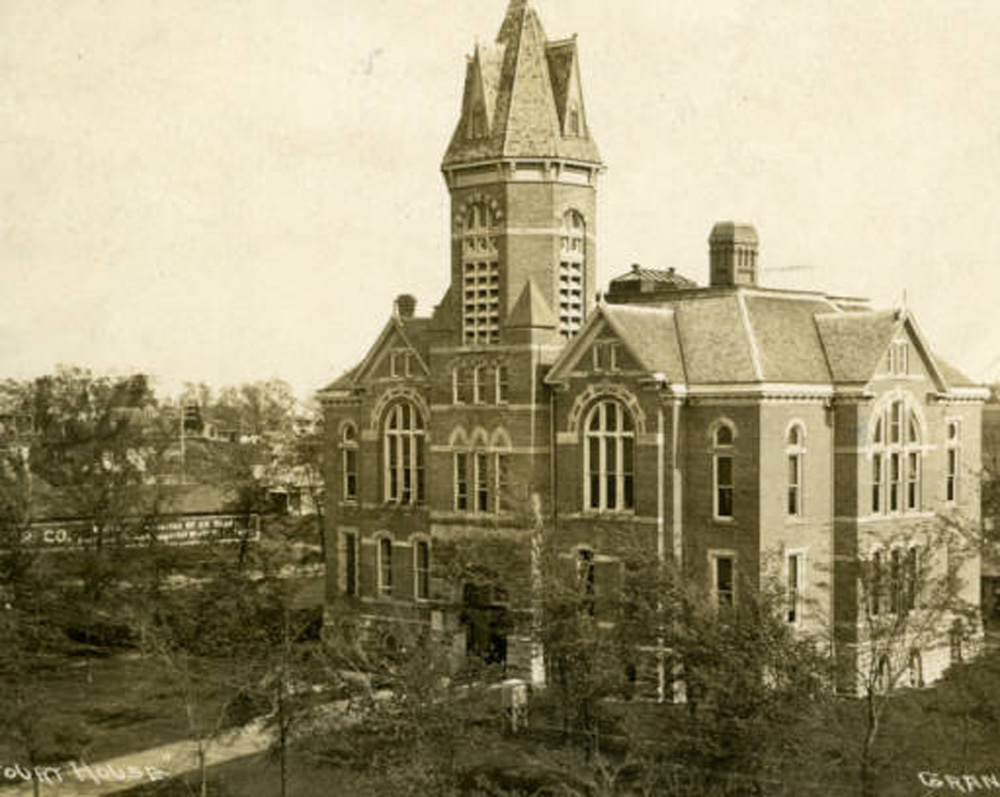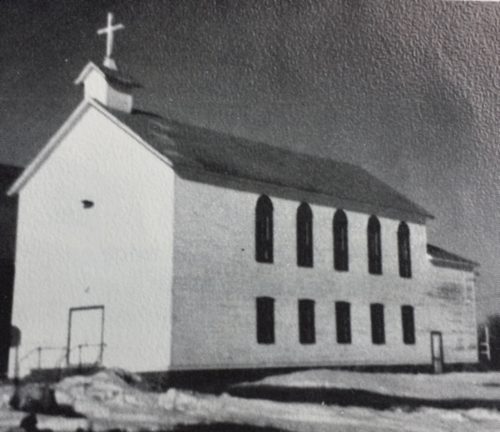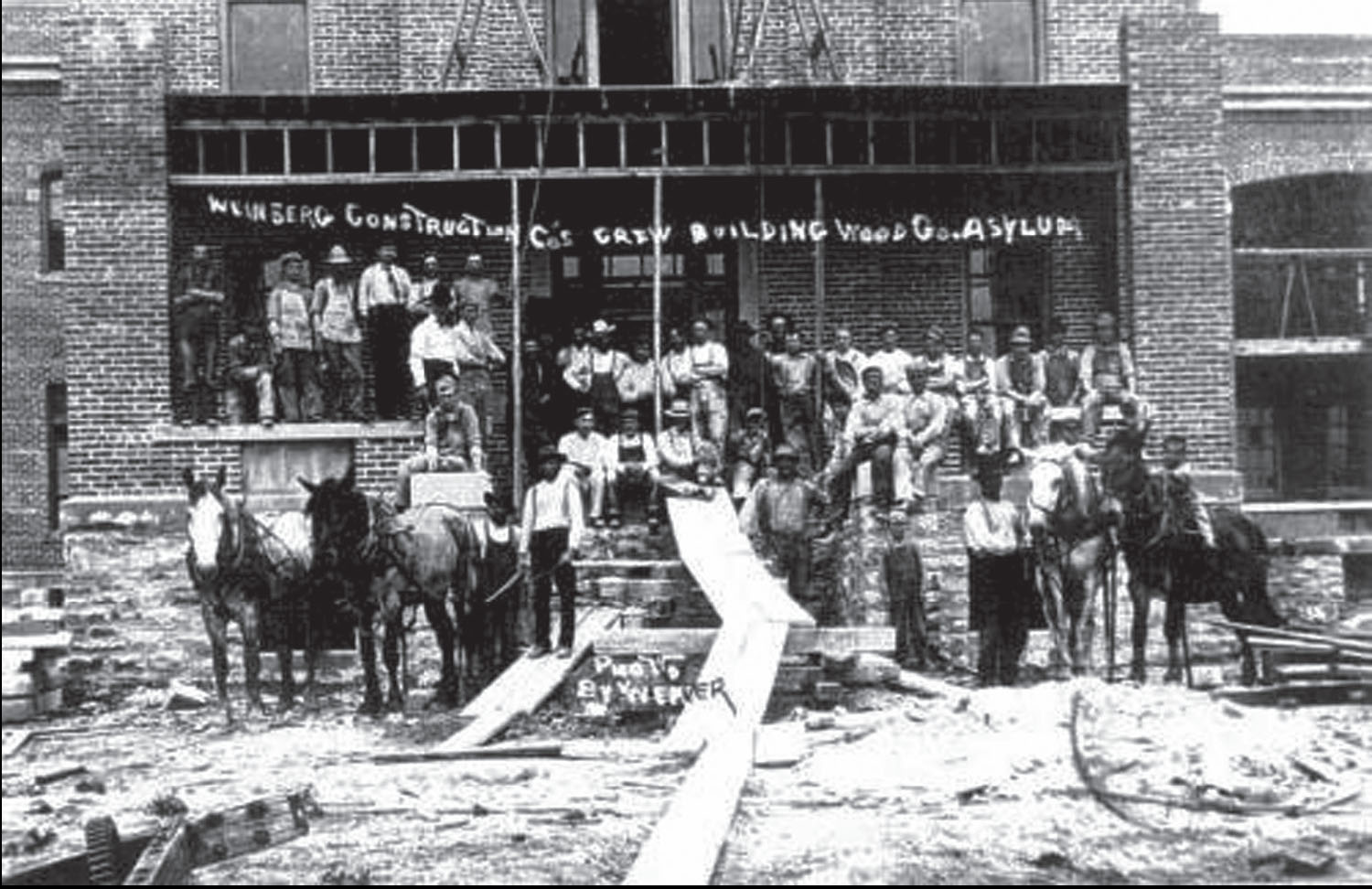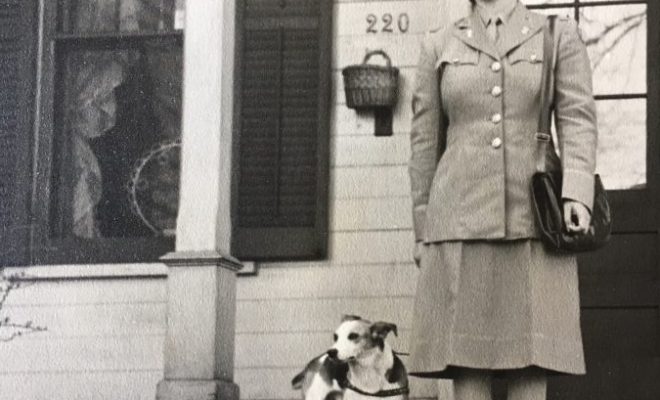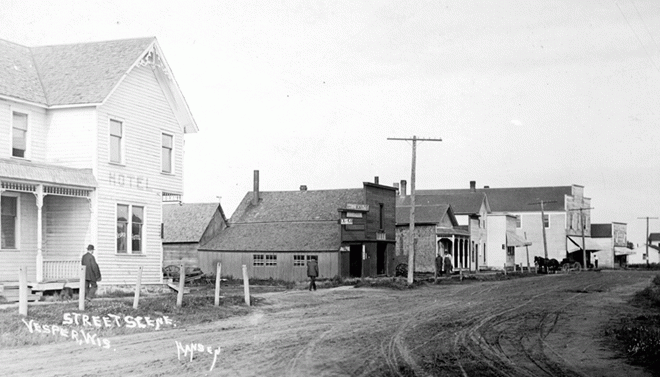Red Arrow Division marks 60th anniversary
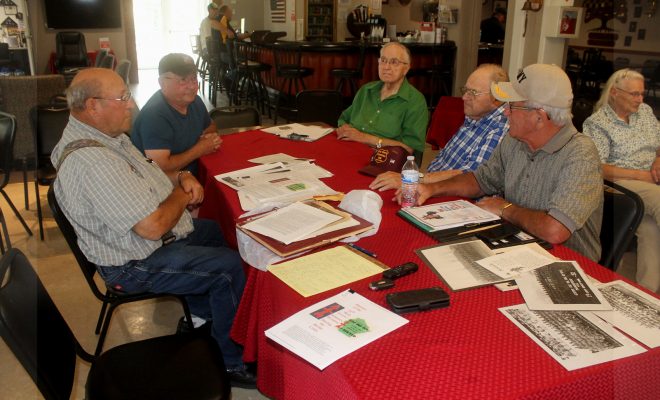
By Kris Leonhardt
Part one of a series on the Red Arrow division and its upcoming 60th anniversary
On Oct. 16, local member s of the Wisconsin Army National Guard 32nd Infantry Division will commemorate the 60th anniversary of the division’s mobilization during the Berlin Crisis.
Central Wisconsin newspapers chronicle the 1961 call up, the division’s departure, and what the next year would bring, but the 32nd Infantry’s infamous “Red Arrow” nickname and crest date back to World War I.
When soldiers cut through German lines “like a red arrow” under General John J. Pershing in France, they earned the crest of the red arrow piercing a horizontal line.
That nickname was solidified when the division registered 654 days of combat during World War II, scrambling through jungles from Buna, New Guinea, to Okinawa, Japan, and participating in six engagements in four campaigns – reportedly the most of any division in the Pacific during the war.
The division earned 11,500 Purple Hearts, 1,854 Bronze Stars, and many more medals, including 11 Medals of Honor – nine of them posthumously.
With the country in the throes of the Great Depression, many young men under the age of 20 were willing to sign up to earn a decent wage, which was likely about $4 a month at that time.
Red Arrow soldiers in World War II faced malaria, typhus, and dengue fever, which reportedly took its toll on 70-80 percent of the division.
The final time the 32nd was called to active duty, however, was in 1961-62, during the Berlin Crisis.
“I wasn’t here. I was serving my six months duty,” recalled Mert Fischer, who served as a battery clerk. “I got discharged at 10 o’clock in the morning from Fort Carson, Colorado, and at about two o’clock in the afternoon, I think, they had a news bulletin, ‘We are activating everybody from the Wisconsin National Guard.’ So, I had 13 days to get home and go back out again.”
“I put my six months in. I got home in July,” said Joel Strack, who served on the Howitzer. “Two months later, we get called back up again.”
“First I heard of it was on the radio,” recalled Norb Konrardy, serving in communications. “It was the 15th of October when we departed, I believe.”
“I left three youngsters back in Marshfield; my daughter was one month old,” said mess sergeant, David Schalow.
Find part II of the series in an upcoming edition of the Hub City Times

